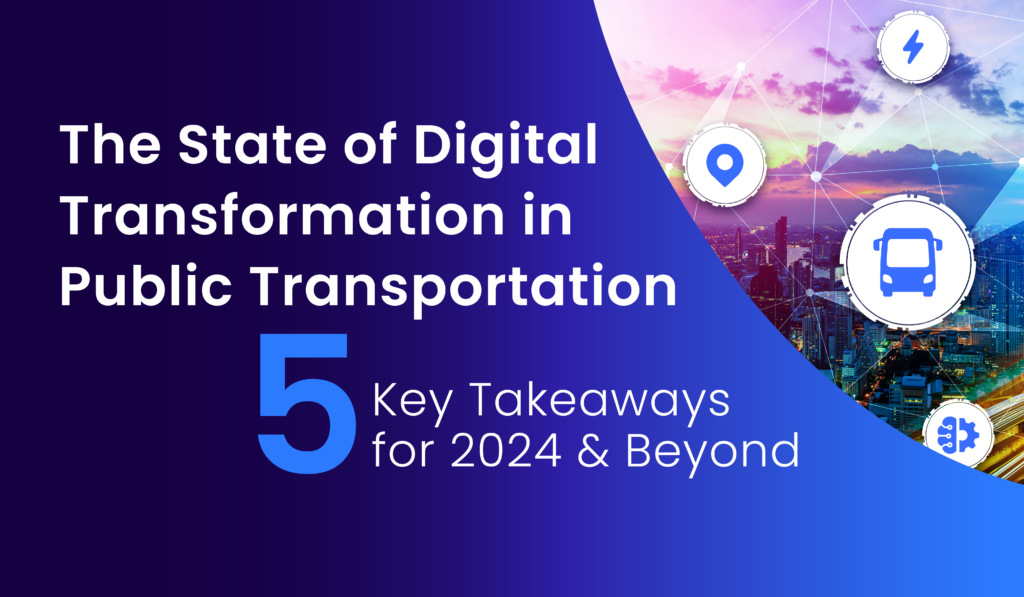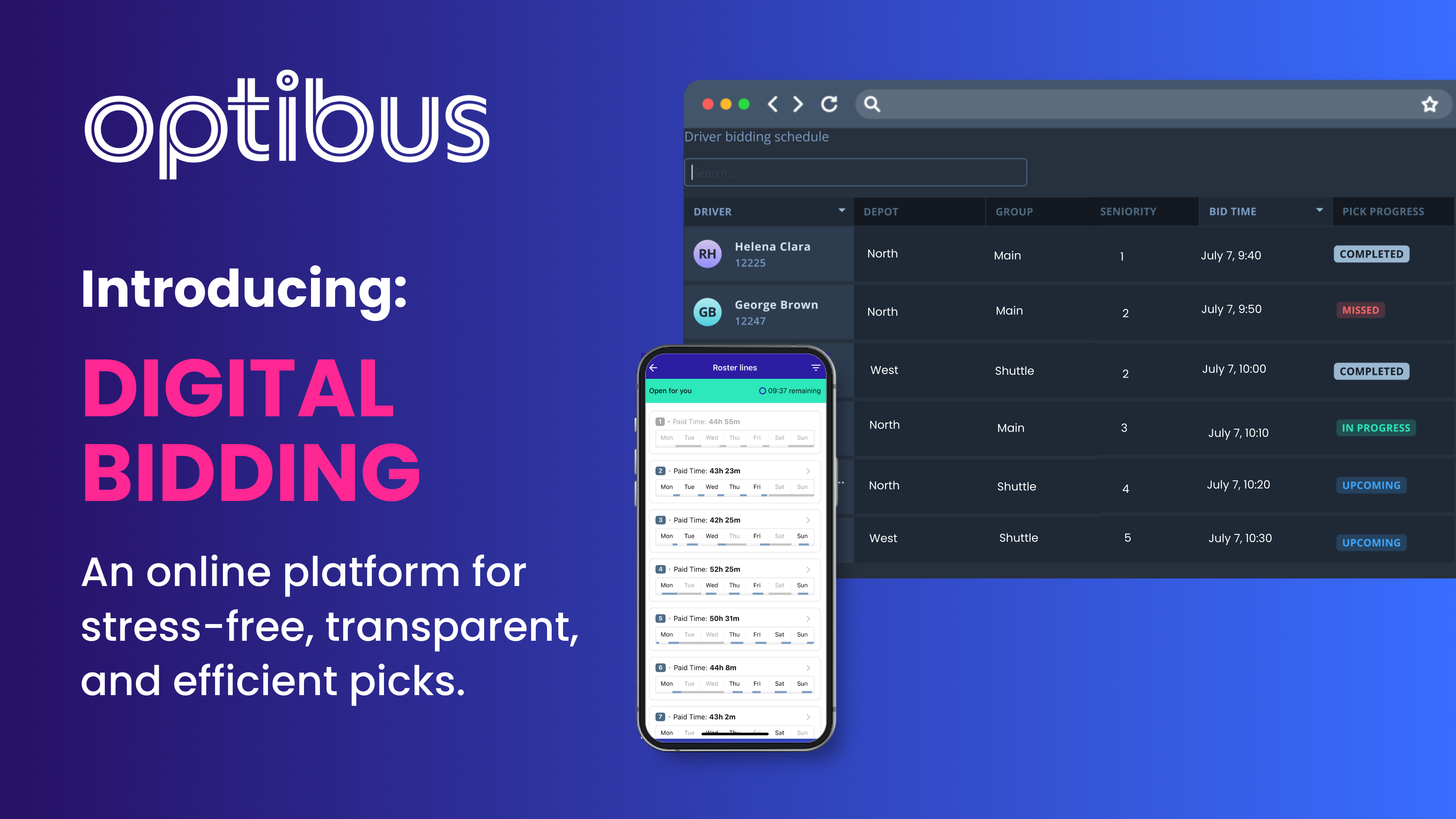A few years ago, my team completed a months-long engagement with one of the largest public transport operators in Europe. We were very pleased with our work as we managed to demonstrate tremendous value. We were confident that we were heading towards a significant win and excited about our upcoming meeting with their CEO.
“Your company’s technology is truly innovative and the business case you made is sound. I can definitely see how we can achieve the efficiencies we are looking for,” the CEO told me amicably.
“Thank you for the great feedback! Shall I let my team know that you’ll be ready to start the onboarding as early as next month?” I replied.
“Well, I’m afraid we will not be able to move forward in the foreseeable future,” he answered, leaving me utterly confused. “We started discussing the changes we’d like to implement with our trade union and they indicated that if we’re going ahead with the said technology, they’d be asking to open their union agreement for re-negotiation. Now, if I go ahead without addressing their request, I’ll most likely find myself on the cover of every newspaper after my entire workforce has declared a strike and brought the entire business to a halt. Unfortunately, this is a risk I’m simply not able to take,” he added
I assume most of you think the above conversation is part of a fictional story used to illustrate my point but unfortunately, it is very much the reality of anyone introducing disruptive technology to conservative industries.
3 Digital Transformation Challenges for Conservative Industries
Digital transformation has long been a hot topic in the business world, as we see companies across all industries rushing to embrace the latest, most innovative technologies in order to stay ahead of the competition. But for some industries, the road to digital transformation can be a bumpy one. Conservative industries such as banking and finance, public transport, and agriculture, to name a few, often struggle to adapt to the rapid pace of technological change and may resist the adoption of new technologies for a variety of reasons.
Digital technologies are fundamentally changing how an organisation operates and delivers value to its customers – and therefore some conservative industries naturally face a fear of the unknown. When it comes to adopting new technologies, there is a tendency to stick with what you know and what has worked in the past. This tendency can be especially true for industries that have been around for a long time and that have a deep-seated sense of tradition and history.
Such industries, which are built on long-established business models, are often struggling with the idea of technological disruption. The thought of shaking things up can be unsettling. For heavily regulated industries, these processes also spark concerns about compliance and the potential for regulatory backlash.
Another challenge is the fear of obsolescence. Some industry professionals may be worried that their skills and expertise will become irrelevant if they embrace new technologies and that they will be left behind in a rapidly changing world. Those who have spent years building up their expertise in a specific field may feel that they have a lot to lose - namely their status as a source of knowledge - if they have to start from scratch with new technologies.
On top of all that, there is also an issue of cost. Digital transformation often requires significant investments in new technologies and infrastructure, and some companies may be hesitant to make these investments if they are not sure they will see a clear return.
Take the public transport industry, for example. It's a sector that has been around for centuries and one that is steeped in tradition and history. In the era of instant gratification, the transportation industry must evolve to meet the demands of modern passengers who seek swift and efficient mobility services. Passengers want mobility that is punctual and they expect real-time updates about bus locations. This requires the industry to enhance the traditional tools used by public transportation planners and schedulers.
Despite the advancements in technology, many professionals in the field still rely on archaic methods, such as pen and paper and spreadsheets, to perform their duties. The introduction of more efficient and effective technologies has the potential to streamline their processes, enabling them to achieve improved outcomes with greater speed and accuracy.

Embrace Digitalization for Growth and Innovation
So what can be done to overcome these challenges and encourage the adoption of digital technologies in conservative industries? One approach is to focus on the benefits of digital transformation and to clearly communicate the business value that new technologies can bring to an organization. For example, the adoption of cloud computing can help companies reduce costs and increase efficiency, while the use of artificial intelligence can help organizations make better and faster decisions. By highlighting these benefits, it may be possible to convince industry professionals of digital technologies' value and help them see the potential for growth and innovation.
Another approach is to provide support and training to help professionals understand and embrace new technologies. This could include the development of educational programs and resources, as well as the establishment of partnerships with technology companies and other organizations that can provide expertise and guidance.
Finally, it may be necessary to address some of the underlying fears and concerns that are holding back the adoption of digital technologies in conservative industries. This could involve working with regulators and other stakeholders to address concerns about compliance or providing reassurance to workers that their skills and expertise will remain valuable in a digital world.
Conclusion
Digital transformation can be a game-changer for conservative industries, but it's not without its challenges. In the public transport industry, for example, the cost and effort required to make the switch may seem daunting, but the potential rewards – increased efficiency, enhanced customer experience, and increased ridership – make it a risk worth taking. It's time for more “traditional” companies to embrace digital transformation and leave analogue systems in the dust.








%20(1).png)